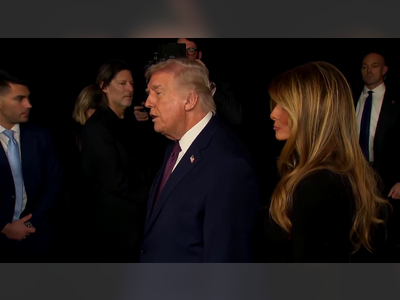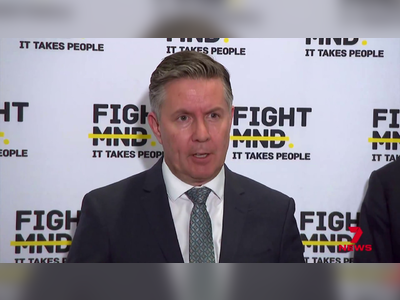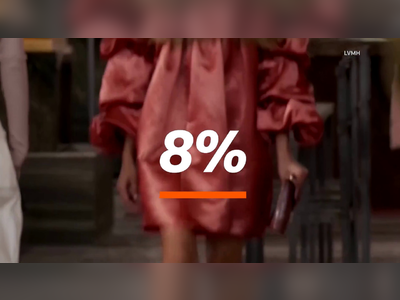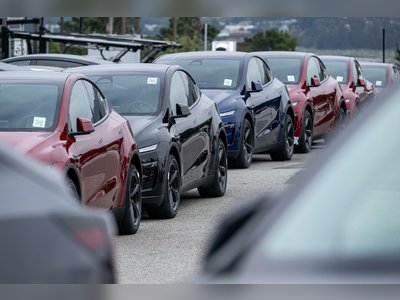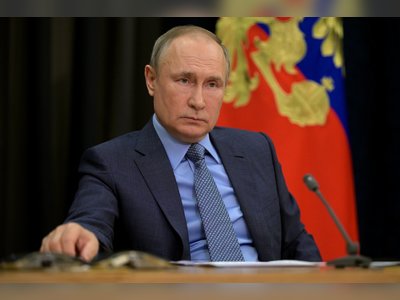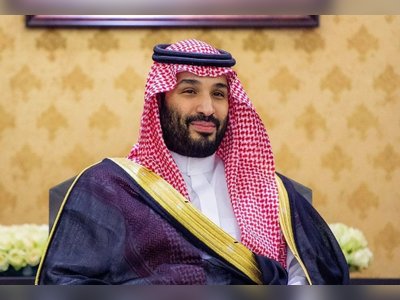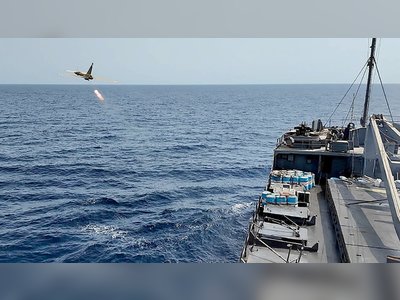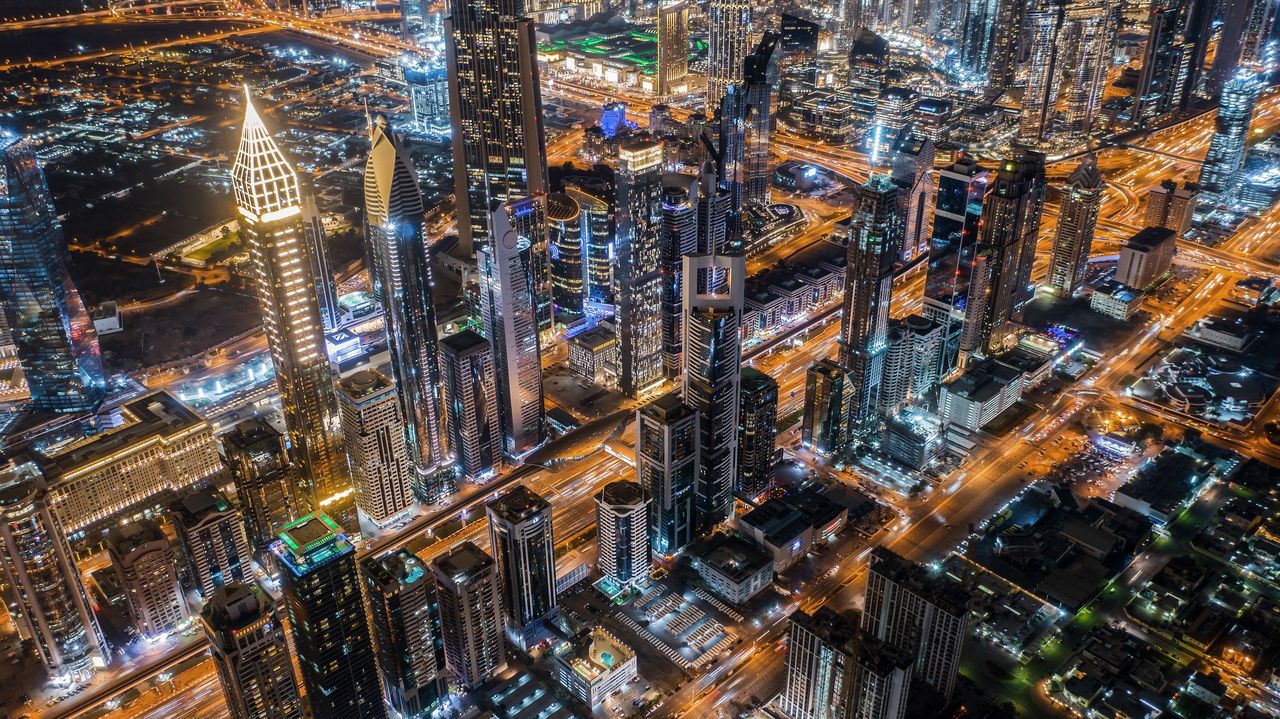
UAE Implements Comprehensive Strategy to Localize High-Tech Industries
The UAE’s initiative aims to bolster its knowledge economy and enhance self-sufficiency across various technological sectors.
The United Arab Emirates is leveraging its strong qualifications to localize high-tech industries across the region and in Africa, supported by robust infrastructure, an encouraging investment climate, business facilitation, government backing, national strategies, and a burgeoning startup ecosystem.
With efforts aimed at creating strong global strategic partnerships, the UAE is pursuing a comprehensive strategy to localize modern technology industries to boost its knowledge-based economy and achieve significant direct and indirect financial returns.
Several national strategies and initiatives have been launched to reinforce the UAE's regional and global position in the localization of advanced technology industries, most notably the '300 Billion Project,' which emphasizes the development of cutting-edge tech industries.
The National Strategy for Industry and Advanced Technology, known as 'Industry 4.0,' aims to integrate technologies from the Fourth Industrial Revolution, such as artificial intelligence, robotics, and 3D printing, into the industrial production process.
Supporting startups and local technology projects through investment funds and business incubators has been identified as a critical factor in this advanced industry localization effort.
The UAE government has also formulated strategies to encourage local production through government procurement initiatives like 'Make it in the Emirates,' which prioritizes national products in government contracts and promotes the private sector's use of local components and technologies in manufacturing.
According to the Interregional Strategic Analysis Center based in Abu Dhabi, key technology sectors being localized include semiconductors, drones, space technologies, pharmaceuticals, biotechnology, robotics, and artificial intelligence.
The UAE government is collaborating with global companies such as G42 and TSMC to foster local development of advanced technologies, including the manufacture of satellites like KhalifaSat and MBZ-Sat.
These efforts are complemented by initiatives to support space technologies, the UAE National Space Program, and drone technologies.
The Interregional Center noted that the UAE has emerged as a leader in artificial intelligence and robotics, utilizing these technologies in manufacturing, healthcare, and security sectors.
The nation is also focusing on pharmaceutical industries and biotechnology, particularly in the localization of vaccines and biologic drugs.
The UAE has adopted 3D printing technology in building, medical manufacturing, and aircraft parts production among the first to do so globally.
In renewable energy and environmental technology localization, the UAE is making substantial investments in solar panel production, energy storage technologies, and green hydrogen.
Furthermore, in the realm of the Internet of Things (IoT) and smart city technologies, the UAE is developing innovations geared toward smart connectivity and big data technologies.
The Interregional Center emphasized that through the localization of advanced technology industries, the UAE aims to strengthen its economic and technological independence, reducing reliance on imports in critical sectors such as semiconductors, pharmaceuticals, and renewable energy while ensuring the availability of advanced technologies domestically.
The nation is also focused on diversifying its economy away from oil by creating new income sources based on technology and innovation, aligning with UAE Vision 2071, and providing job opportunities for local talent while encouraging the employment of Emirati professionals in fields such as engineering, artificial intelligence, and renewable energy.
The government's goals regarding the localization of advanced technology industries include increasing GDP, accelerating economic growth, enhancing the industrial sector's contribution to the economy, boosting non-oil exports, and generating high-wage jobs in these sectors.
Indirect returns include the growth of startups, entrepreneurship, and elevating the UAE's status as a key destination for companies and researchers in technology sectors.
Recently, the UAE has signed significant strategic agreements concerning the localization of technology industries.
Notable partnerships include 'MGX' with 'BlackRock' and 'Microsoft' to launch the 'Global Partnership for Investment in AI Infrastructure,' which aims to invest in data centers and enhance AI infrastructure.
There is also a collaboration between G42 and NVIDIA to develop AI solutions intended to improve global weather prediction accuracy, alongside Microsoft’s $1.5 billion investment in G42.
Additionally, an Emirati-French partnership was established to develop digital infrastructure in both countries and capitalize on advanced technologies across various sectors.
With efforts aimed at creating strong global strategic partnerships, the UAE is pursuing a comprehensive strategy to localize modern technology industries to boost its knowledge-based economy and achieve significant direct and indirect financial returns.
Several national strategies and initiatives have been launched to reinforce the UAE's regional and global position in the localization of advanced technology industries, most notably the '300 Billion Project,' which emphasizes the development of cutting-edge tech industries.
The National Strategy for Industry and Advanced Technology, known as 'Industry 4.0,' aims to integrate technologies from the Fourth Industrial Revolution, such as artificial intelligence, robotics, and 3D printing, into the industrial production process.
Supporting startups and local technology projects through investment funds and business incubators has been identified as a critical factor in this advanced industry localization effort.
The UAE government has also formulated strategies to encourage local production through government procurement initiatives like 'Make it in the Emirates,' which prioritizes national products in government contracts and promotes the private sector's use of local components and technologies in manufacturing.
According to the Interregional Strategic Analysis Center based in Abu Dhabi, key technology sectors being localized include semiconductors, drones, space technologies, pharmaceuticals, biotechnology, robotics, and artificial intelligence.
The UAE government is collaborating with global companies such as G42 and TSMC to foster local development of advanced technologies, including the manufacture of satellites like KhalifaSat and MBZ-Sat.
These efforts are complemented by initiatives to support space technologies, the UAE National Space Program, and drone technologies.
The Interregional Center noted that the UAE has emerged as a leader in artificial intelligence and robotics, utilizing these technologies in manufacturing, healthcare, and security sectors.
The nation is also focusing on pharmaceutical industries and biotechnology, particularly in the localization of vaccines and biologic drugs.
The UAE has adopted 3D printing technology in building, medical manufacturing, and aircraft parts production among the first to do so globally.
In renewable energy and environmental technology localization, the UAE is making substantial investments in solar panel production, energy storage technologies, and green hydrogen.
Furthermore, in the realm of the Internet of Things (IoT) and smart city technologies, the UAE is developing innovations geared toward smart connectivity and big data technologies.
The Interregional Center emphasized that through the localization of advanced technology industries, the UAE aims to strengthen its economic and technological independence, reducing reliance on imports in critical sectors such as semiconductors, pharmaceuticals, and renewable energy while ensuring the availability of advanced technologies domestically.
The nation is also focused on diversifying its economy away from oil by creating new income sources based on technology and innovation, aligning with UAE Vision 2071, and providing job opportunities for local talent while encouraging the employment of Emirati professionals in fields such as engineering, artificial intelligence, and renewable energy.
The government's goals regarding the localization of advanced technology industries include increasing GDP, accelerating economic growth, enhancing the industrial sector's contribution to the economy, boosting non-oil exports, and generating high-wage jobs in these sectors.
Indirect returns include the growth of startups, entrepreneurship, and elevating the UAE's status as a key destination for companies and researchers in technology sectors.
Recently, the UAE has signed significant strategic agreements concerning the localization of technology industries.
Notable partnerships include 'MGX' with 'BlackRock' and 'Microsoft' to launch the 'Global Partnership for Investment in AI Infrastructure,' which aims to invest in data centers and enhance AI infrastructure.
There is also a collaboration between G42 and NVIDIA to develop AI solutions intended to improve global weather prediction accuracy, alongside Microsoft’s $1.5 billion investment in G42.
Additionally, an Emirati-French partnership was established to develop digital infrastructure in both countries and capitalize on advanced technologies across various sectors.
Translation:
Translated by AI
